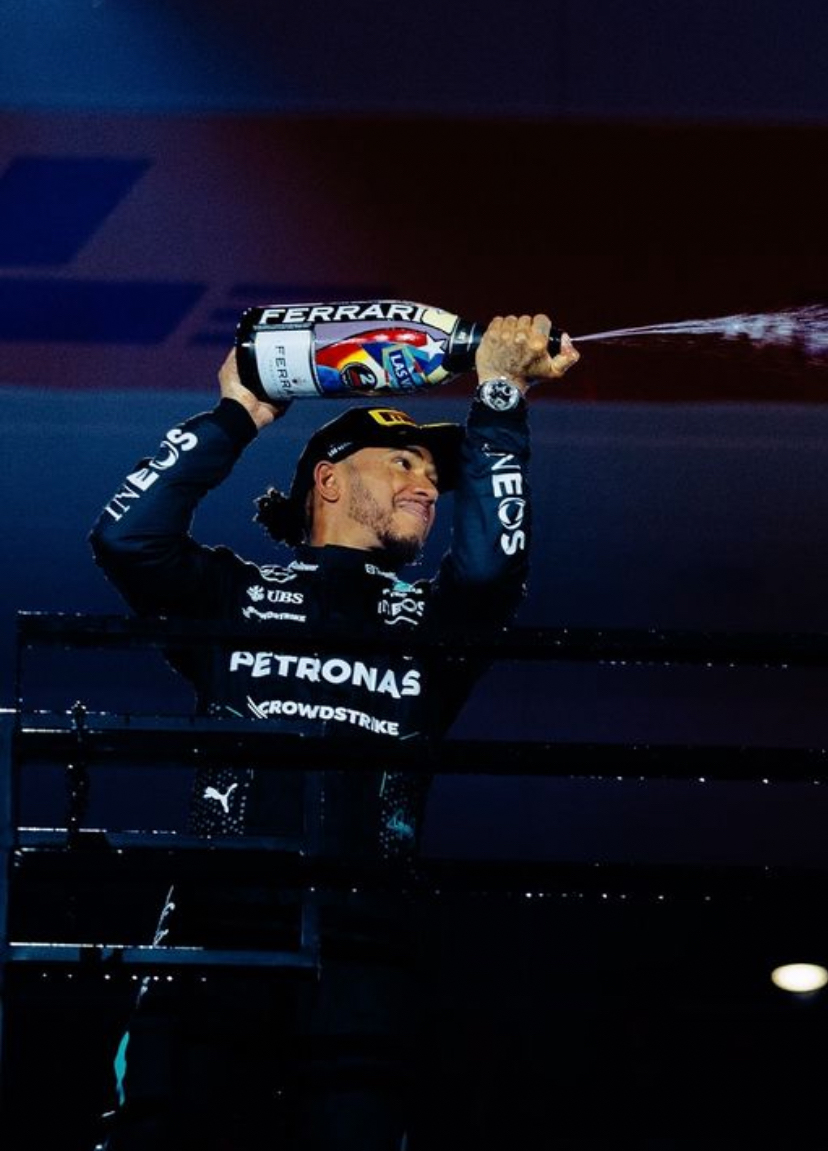The Coldest F1 Race Ever: Gilles Villeneuve's Mastery at the 1978 Canadian Grand Prix

Read next: Formula 1 World Champions — A legacy of racing legends
Discover the story of the coldest Formula 1 race in history, the 1978 Canadian Grand Prix, and how Gilles Villeneuve's winter racing skills secured him a legendary victory.
The 1978 Canadian Grand Prix, held in Montreal, is remembered as the coldest race in Formula 1 history. With frigid temperatures and challenging conditions, it took a winter sport master like Gilles Villeneuve to emerge victorious. Here's how the legendary Canadian driver secured his first F1 win in these extreme circumstances.
The Coldest Formula 1 Race in History
As Motor Sport Magazine described, the 1978 Canadian Grand Prix was marked by a “biting wind” and “the threat of snow from the north.” Taking place for the first time at the Île Notre-Dame Circuit in Montreal, the race saw temperatures plummet to just 5°C (41°F), creating low-grip conditions that tested the drivers' skills to the limit.
Since its inception in 1967, the Canadian Grand Prix alternated between Mosport Park in Ontario and Mont-Tremblant in Quebec. By 1978, it found its new home in Montreal, and the late-October scheduling often brought cooler weather. However, no race prior matched the frosty conditions of that year.
Gilles Villeneuve: A Master of Winter Racing
Gilles Villeneuve, driving for Scuderia Ferrari, entered the race with a challenging season behind him. The Canadian had shown glimpses of brilliance, with his best finish being third in Austria, but his season was plagued by retirements. Yet, Villeneuve’s upbringing in the snowy regions of Quebec gave him a unique edge.
Growing up in Saint-Jean-sur-Richelieu, Villeneuve honed his skills racing snowmobiles during harsh winters. These races, often held in near-whiteout conditions, sharpened his reflexes, balance, and car control. As biographer Gerald Donaldson noted, Villeneuve developed an “almost delicate sensitivity” to finding the limits of grip, a skill that proved invaluable in Formula 1.
The 1978 Canadian Grand Prix: Villeneuve’s Triumph
Despite a slow start that saw him drop positions, Villeneuve remained composed as other drivers like Niki Lauda and Mario Andretti faced mechanical issues or crashes. By lap 25, Villeneuve muscled past Jody Scheckter, who would later become his teammate, to take the lead.
Villeneuve held his nerve through the remaining 45 laps, even as mechanical noises from his car raised concerns. Crossing the finish line, he claimed his first-ever Formula 1 victory — and did so on home soil, much to the delight of the Canadian crowd.
"To win a Grand Prix is something, but to win your first Grand Prix at home is completely unthinkable," Villeneuve said afterward. "This is the happiest day of my life."
A Legacy of Excellence in Tough Conditions
Villeneuve’s success at the 1978 Canadian Grand Prix marked the beginning of a stellar career. In 1979, he claimed victories at Kyalami, Long Beach, and Watkins Glen, showcasing his mastery in cool and wet conditions. Later triumphs in Monaco and Spain in 1981 further solidified his reputation as a driver with unparalleled car control.
The coldest race in Formula 1 history was a testament to Villeneuve’s extraordinary talent, honed through years of battling icy tracks and snowy conditions. His triumph in Montreal remains a shining example of skill and determination prevailing over adversity.
Up Next


